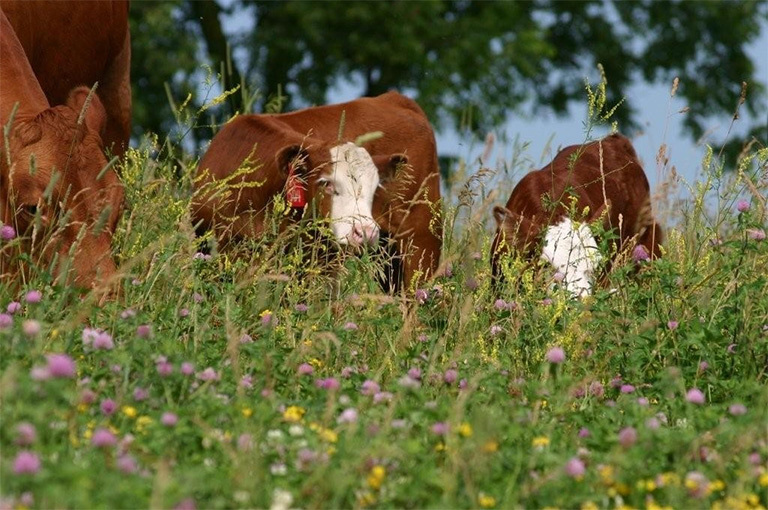
History has been made across the Atlantic as the United States Department of Agriculture (USDA) has just approved the sale of cultivated meat.
In a landmark decision, the green light has been given to allow two start-ups in California, Upside Foods and GOOD Meat, to sell ‘cultivated’ chicken from meat that has not come from a slaughtered animal.
What is Cultivated Meat?
Cultivated meat – also known as cultured or lab-grown meat – is produced from stem cells derived from animals without the need for slaughter. It can be done without causing them harm and is grown separately from them in a sterile environment, lowering the risk of infectious diseases.
Paving the way for the world to follow
Until now, cultivated meat had only been approved for sale in Singapore (since 2020) but with the US rubber-stamping it, we’re confident that more countries will soon follow.
In the UK, the Government laid out a policy paper in January 2022 showing support for significant innovations, including cultivated meats, and said it would deliver a regulatory framework that provided an economic advantage.
Better for animals – and the planet
Industrial animal agriculture is the biggest cause of animal cruelty on the planet. In the US alone, over 9.5 billion chickens are reared for meat each year, the vast majority in factory farms. Most are from fast-growing breeds that suffer a variety of health and welfare issues, including heart defects, severe lameness and poor immunity. They are unable to exhibit their natural behaviour, often cramped in unhygienic, crowded and dark sheds.
The approval of cultivated ‘chicken’ meat heralds a future where this suffering becomes a thing of the past.
This decision is also good news for the environment. The livestock sector is one of the biggest contributors to climate change. According to the United Nations, it’s responsible for 14.5% of global greenhouse gas emissions caused by humans – more than the total direct emissions from transport. The Intergovernmental Panel on Climate Change has cited cellular meat as one of the answers to combat climate change (i). Cultivated meat production has been found to be 80 to 95 per cent lower in greenhouse gas emissions, and 98 per cent lower in land use, than conventionally produced meat products (ii).
The future of meat consumption
More than 150 companies across the globe are currently working to develop chicken, pork, fish and beef products from cells rather than farmed animals. As the volume of cultivated meat grows, it will become more affordable and these more compassionate food choices will in time become more widely available.
On hearing the USDA decision, our US Director, Ben Williamson said: “This is an historic decision for chickens—bringing us one peck closer to ending the cruel and unstainable practice of incarcerating billions of birds in crowded, disgusting, windowless sheds on factory farms.
“As a vegan of thirteen years who has tried cultivated chicken I can tell you that it doesn’t just taste like chicken; it is chicken, just without the bird. This announcement will satisfy the desire for real meat while saving billions of chickens currently suffering in factory farms around the world.
“Cultivated meat has to be part of the solution to the combined crises of climate change and food security. Without cultivated meat our food system is too vulnerable to changing weather patterns and geopolitical shocks. We know what the solution is and we know how much it’s going to cost. We just have to have the political courage to make this investment in new-economy and climate-friendly jobs.”
Read more about the role alternative proteins can play in a humane and sustainable food system.
(i) IPCC Special Report on Climate Change and Land - Summary for Policy Makers. 2019. Page B.6.2
(ii) Life cycle Assessment of Cultured Meat Production, H. Tuomisto, M.J. Teixeira de Mattos. Italy : VII International Conference on Life Cycle Assessment in the Agri-Food Sector, 2010.
